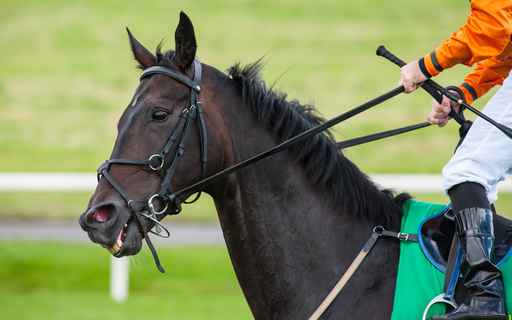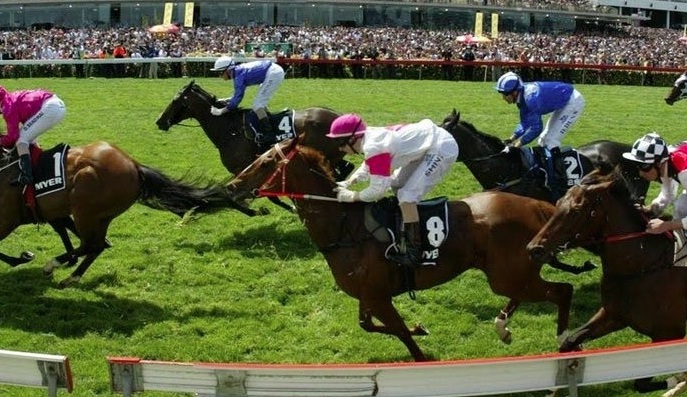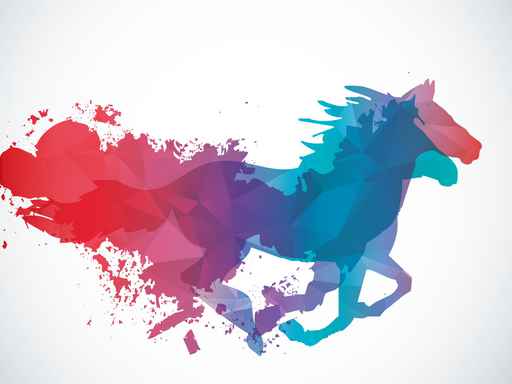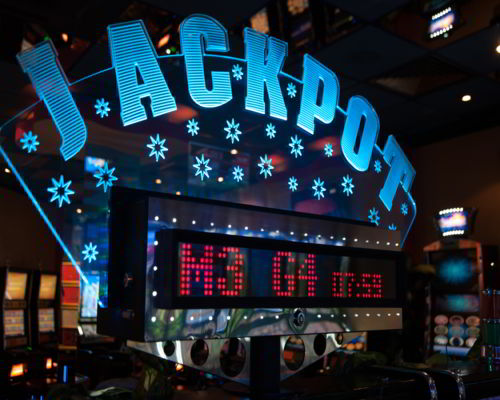Horse racing is done on a regular basis with a considerable number of horses that are competing with each other. We often look at the sidelines and are focused primarily on the winning result that we often overlook the condition of the horses. A few questions often arises which sparks one’s curiosity on what they are thinking or feeling during a race. Do some of them have a sense of excitement and glory as they run towards the finish line? Or is that just us humans projecting this onto them? Can gamblers or betting people bet on the likelihood that some racehorses truly do psych themselves up to outrun other houses? Or is this just a complete myth? Do horses possess emotional intelligence? We might as well ask, what do they think about? These are questions often worth asking and let us try answering all of these today.
Racehorses are indeed aware that they are competing in a race. Camie Heleski, the coordinator of the horse management program at Michigan State University says, “This is mostly conjecture on my part, but I think that in the same way some horses like to be dominant in a herd, and be more dominant, say, in getting the feed when it’s given, I believe some horses also want to beat other horses in a racing scenario.”
Furthermore, Jenifer Nadeau, an associate professor of equine science at the University of Connecticut also shared her insights about it saying, “They take a lot from how the people around them are reacting because they are sensitive. That’s the thing about horses they do read people’s body’s language.”
In a way, horses do understand humans. Although horses can’t talk, they are able to pick up on subtle eye and body movements. Horses are sensitive to our communications and some visual or auditory cues are more easily deciphered by horses than others. As such, they are able to feel what their jockeys and their owners feel as well as how the crowd reacts with the outcome of the race.
Do horses posses emotional intelligence? Well most of them are used to help develop emotional intelligence which means they too have it in themselves. In fact, some people even use horses to teach effective leadership as well.
For instance, there are Equine Experiential Learning instructors that teach people that the most effective communication relies on our non-verbal actions and personal motivations as much as it does rational thought and speaking.
So now we know horses are highly sensitive animals, but can they even sense something is going to happen, are they clairvoyant?
A good example of this was Lady Wonder a horse that was purported to have psychic abilities. Over 150 thousand people came to consult the horse at the price of three questions for one dollar. Lady Wonder is said to have helped the Massachusetts police to find the body of a missing boy, to have predicted that Jack Dempsey would defeat Jack Sharkey in 1927 and to have helped discover oil with a number of horses following her footsteps.
You can also consider going to a clairvoyant when these horses are unavailable to your region. They have integrated their services over the internet for better access and reach for their clients today.



